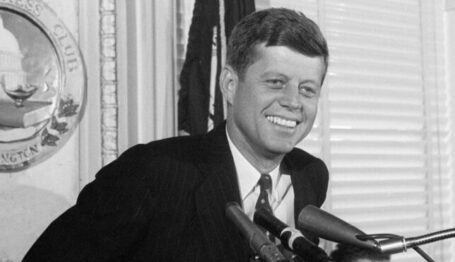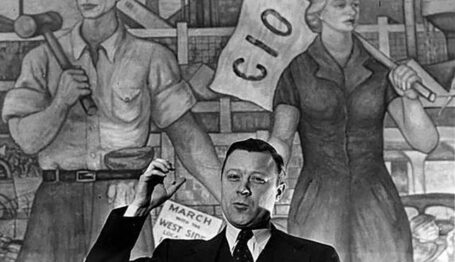Labor Watch
Union Power in the States = Less Pay, More Taxpayer Debt
How does your state rank on forced unionism, monopoly bargaining, and public pension shortfalls?
(PDF here)
New studies on the harms of American labor laws paint a grim picture. The laws drag down economic growth, suppress workers’ wages, and cause government debt to soar.
Could your family use an additional $13,100 a year? If you live in a forced-unionism state, that’s what the lack of a Right to Work law may be costing you.
At the same time, you’re harmed by the federal mandate that gives unions the power of monopoly (a.k.a. “collective”) bargaining. That federal mandate, it’s estimated, costs workers about 15 percent in forgone income.
In addition, unionization of government employees has helped add many billions of dollars to the unfunded liabilities of public employees’ pensions—a debt for which taxpayers will be held responsible.
Three new studies from the Competitive Enterprise Institute (CEI), the Washington, D.C. think tank where I am a senior fellow, examine these harmful consequences of unionization and of laws that push unionization. The purpose of the studies is to identify the problems caused by union power in states across America; express the problems in numbers; rank the states based on the problems’ severity; and point the way toward solutions by comparing states to see what policies work.
1. Monopoly (“collective”) bargaining
Labor law history makes clear that a key factor in union power is monopoly bargaining, also known as collective bargaining. Monopoly bargaining is an element in the National Labor Relations Act (NLRA), also known as the Wagner Act after its lead sponsor in 1935, U.S. Sen. Robert F. Wagner (D-N.Y.). The Wagner Act’s Section 7 provides:
Employees shall have the right to self-organization, to form, join, or assist labor organizations, to bargain collectively through representatives of their own choosing, and to engage in other concerted activities for the purpose of collective bargaining . . .
Collective bargaining becomes monopoly bargaining when a union acts as the exclusive collective bargaining representative for all members of a bargaining unit (a group of workers who are said to share an economic interest, such as all the assembly-line workers at a factory). If one is not a member of the union or disagrees with the union’s bargaining position, one is left without a voice in bargaining. Workers who disagree with the union have no recourse, as they have no way to bargain individually with the employer regarding their own employment conditions and wages.
The intellectual groundwork for the NLRA, set during the first half of the 20th Century, was known as the High-Wage Doctrine. [Click HERE for the rest]



